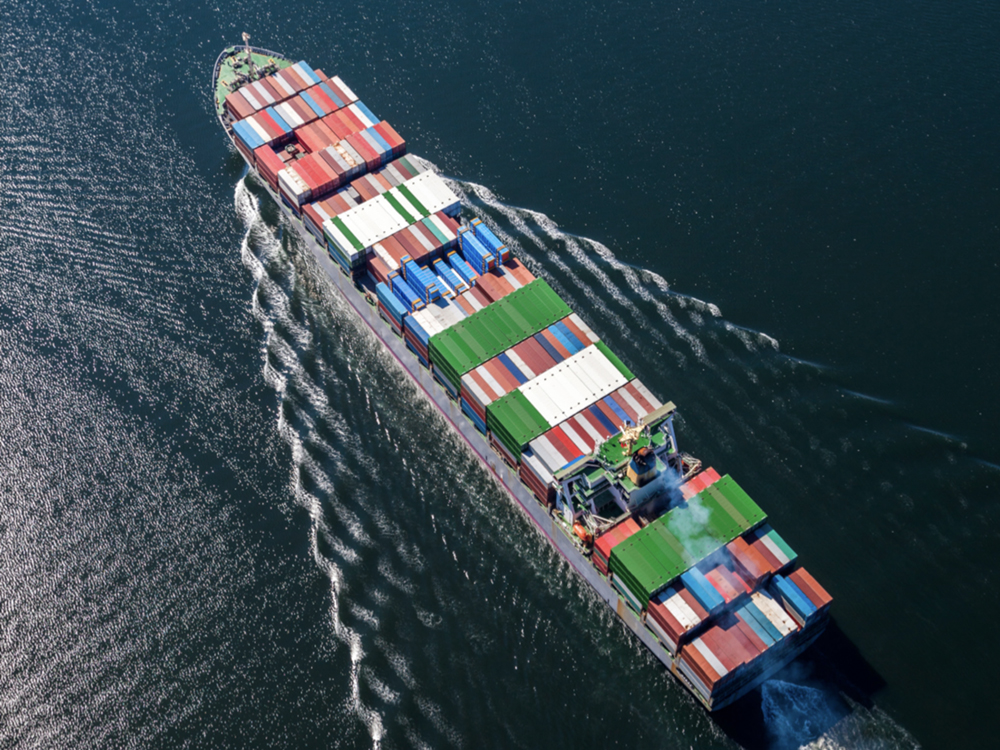



Article by: Hari Yellina
By employing Just In Time (JIT) arrival, containerships can save their fuel usage and carbon dioxide emissions by 14% per voyage. It’s the world’s first assessment of the impact of Just-In-Time Arrivals, based on real-time tracking and fuel usage data from operational container ships. The Port of Rotterdam contributed to this study by providing arrival and departure time validation data. The IMO-Norway GreenVoyage2050 Global Industry Alliance to Support Low Carbon Shipping commissioned the latest study (Low Carbon GIA).
JIT arrivals allow ships to maximise speed during their voyage in order to arrive in port when berths, fairways, and nautical services are available. JIT is a key instrument that can help a ship meet its required carbon intensity indicator (CII) and associated CII rating under the International Maritime Organization’s (IMO) short-term GHG reduction measure, which will take effect later this year. JIT, along with other operational measures, can be included in the upgraded Ship Energy Efficiency Management Plan (SEEMP), which will play a key role in implementing the IMO’s latest energy efficiency rules.
MarineTraffic and Energy and Environmental Research Associates (EERA) conducted a new study to look into the global implementation of JIT in the container industry. The impact of JIT on fuel consumption and emissions was examined using AIS data from the calendar year 2019 (pre-pandemic) by optimising all journeys in three scenarios:
While optimising speed across the whole period of a voyage gives the biggest savings opportunity (averaging 14.16 percent per voyage), there were benefits in all circumstances, with savings of 5.90 percent (24-hour scenario) and 4.23 percent (12-hour scenario) respectively. This suggests that applying JIT within the last 12 hours of a cruise can already save a significant amount of fuel and emissions. The Low Carbon GIA is a public-private collaboration with the goal of developing creative solutions to common decarbonization hurdles in the maritime industry. Through several research projects and industry stakeholder roundtables, it has been actively studying the concept of JIT. In 2020, it published the Just In Time Arrival Guide – Potential Barriers and Solutions, providing guidance to stakeholders towards the implementation of JIT Arrivals.